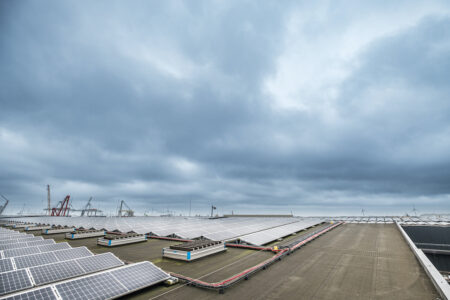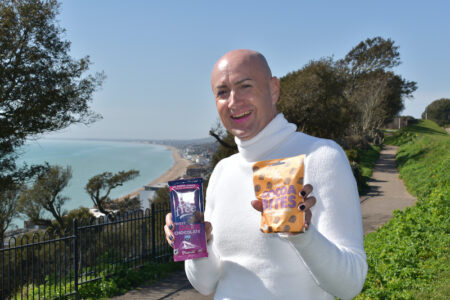Fairtrade responds to UK government White Paper on international development

Fairtrade has urged the UK government to engage with millions of smallholder farmers, including those in the cocoa sector, in response to the administration’s International Development White Paper, reports Neill Barston.
The global movement, which focuses on achieving social justice for agricultural communities around the world, stressed that partnership with those working directly within supply chains remains vital to strategies tackling poverty.
Notably, concerns were raised in 2020, when the UK government confirmed it was in fact cutting its international aid budget from 0.7 to 0.5 of GDP, meaning less funding available for many nations in need. This led to organisations including Save the Children and Oxfam to restore previous funding levels.
However, in its latest White Paper, the government asserted that progress was being made. It stated that fore the first time, over half of all bilateral aid will go to least developed countries and for the first time.
Linked to this, the UK is also to set a target for an overseas investment am, British International Investment, targeting more than half of its efforts towards poorer nations by 2030.
The paper also highlighted the need to work with partners to reform taxation systems, trade, debt, and corruption within systems, as well as addressing global health issues including health, climate and energy transition.
While some indication of budget rises for overseas aid have been recently reported, observers have noted that the UK government’s spending in this area has still to return to pre 2020 levels.
Commenting on the paper, Fairtrade said: “In its White Paper, outlining the vision for international development until 2030, the UK Government puts a focus on global cooperation as the foundation for tackling poverty, climate change and other global challenges.
‘Who we cooperate with and how matters hugely – and while we welcome the White Paper’s emphasis on supporting farmers to build sustainable, resilient agriculture and food systems, we believe cooperation with smallholder farmers has a crucial role to play across a much wider set of development objectives. This is especially true in relation to trade, which the White Paper rightly acknowledges as having the potential to alleviate poverty and tackle the climate crisis.
‘If the UK Government is to make progress in unlocking this potential, it must be in partnership with the world’s 500 million smallholder farmers. It is their perspectives that will help to enable a sustainable approach to trade – and that must be central to the UK Government’s efforts as it implements its development vision.’
Speaking on its proposed programmes, International Development Minister Andrew Mitchell stated that the nation had a strong track-record of supporting global communities.
He said: “We have a unique opportunity – using science, technology and innovation – to have a lasting, long-term impact on tackling hunger, poverty and climate change. The UK has a proud history of helping people in desperate need – it’s in our DNA.
“Tackling global challenges for the benefit of us all is the right thing to do, but it is also the smart thing to do.
This white paper will show how the UK will help to deliver the quantum leap that is urgently needed, including through mobilising international finance, to deliver the UN’s Sustainable Global Goals by 2030. We cannot close this gap through aid alone.”



